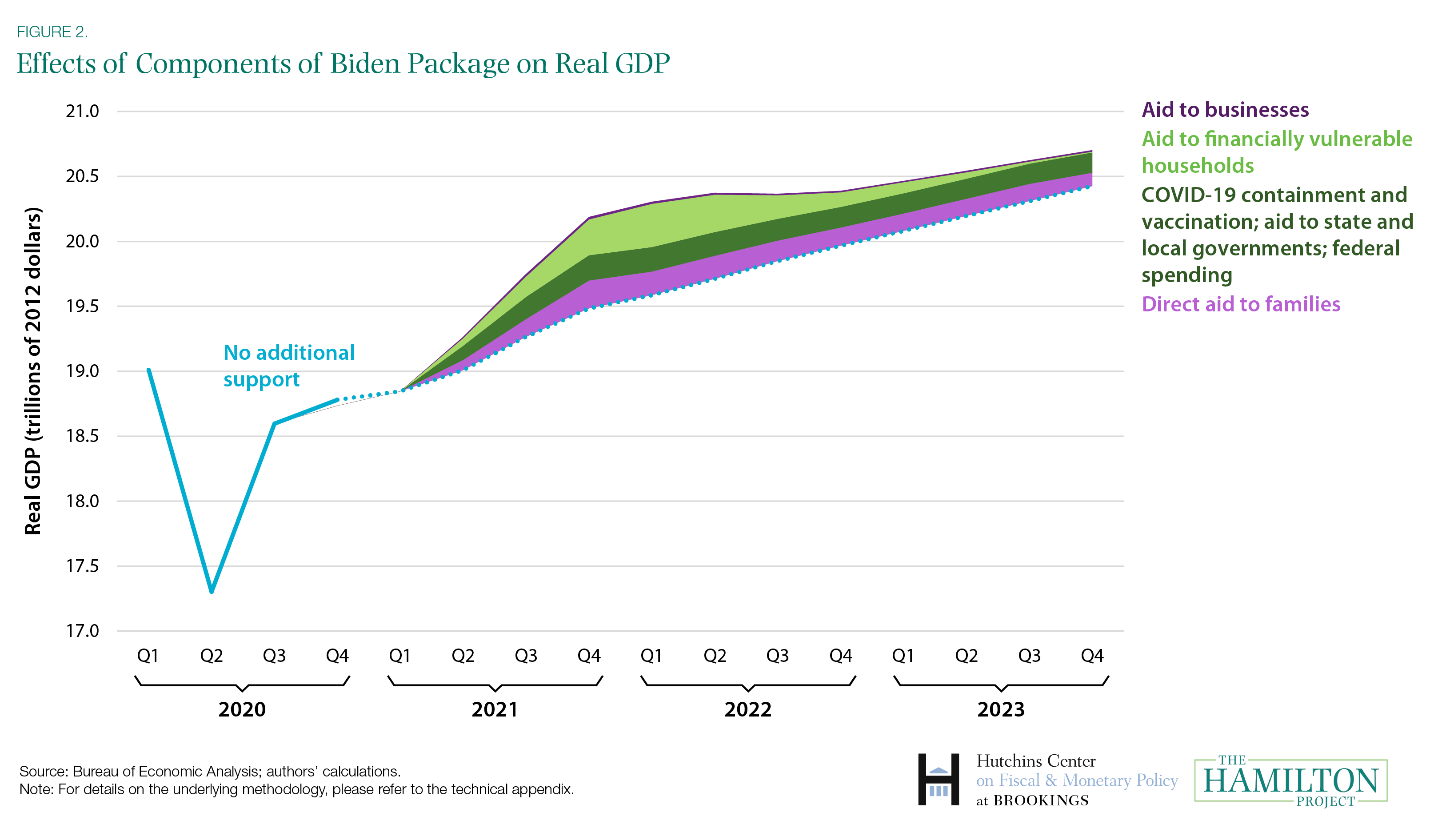Federal Deficit for 2024 Projected at $1.9 Trillion Due to Biden’s Policies: Student Loan Relief and Bank Bailouts Drive Increase
Biden’s Policies Lead to $408 Billion Increase in Federal Deficit for 2024: Student Loan and Bank Bailout Impacts Analyzed
The Congressional Budget Office (CBO) has revised its projections for the federal deficit in fiscal 2024 now estimating it to reach $1.9 trillion—a $408 billion increase from its previous forecast, according to the published article of Washington Examiner. This surge is largely attributed to President Joe Biden’s policies particularly his initiatives regarding student loan debt relief and bank bailouts. According to the CBO, over a third of the deficit increase approximately $145 billion stems from adjustments made by the Biden administration to estimated costs related to student loan subsidies and proposed rules aimed at reducing borrower balances. As President Biden continues to advocate for these policies amid legal and financial scrutiny the implications for the national deficit and broader economic strategy remain central to ongoing political discourse and policy formulation in Washington. The administration’s approach to managing these fiscal challenges is expected to shape future budgetary decisions and responses from both lawmakers and the public alike.
READ ALSO: New Mexico Boosts SNAP Benefits by $135 for Vulnerable Populations

CBO Projects $1.9 Trillion Federal Deficit in 2024, Citing Biden’s Student Loan and Bank Bailout Policies
Furthermore, the Federal Deposit Insurance Corp. (FDIC) under White House directives to address bank failures has encountered challenges in recovering losses contributing an additional $70 billion to the deficit projections. These combined efforts to alleviate student debt and stabilize financial institutions have become contentious points with critics highlighting concerns over long-term economic impacts and taxpayer liabilities. The CBO forecasts that the federal government’s issuance of over $1 trillion in new student loans over the next decade could result in taxpayers facing nearly $400 billion in losses underscoring ongoing debates about the efficacy and costs of federal intervention in these sectors.
READ ALSO: Budget Battle Royale: PA Republicans and Democrats Clash Over School Funding and Tax Cuts
